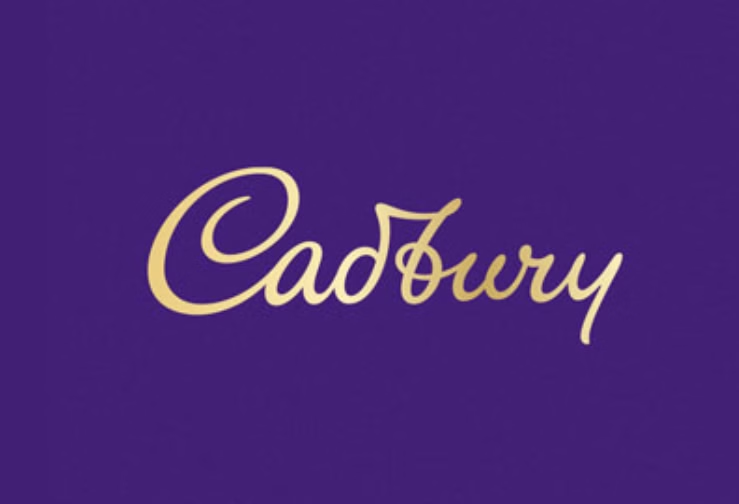Humanization of Pets & Pet Products
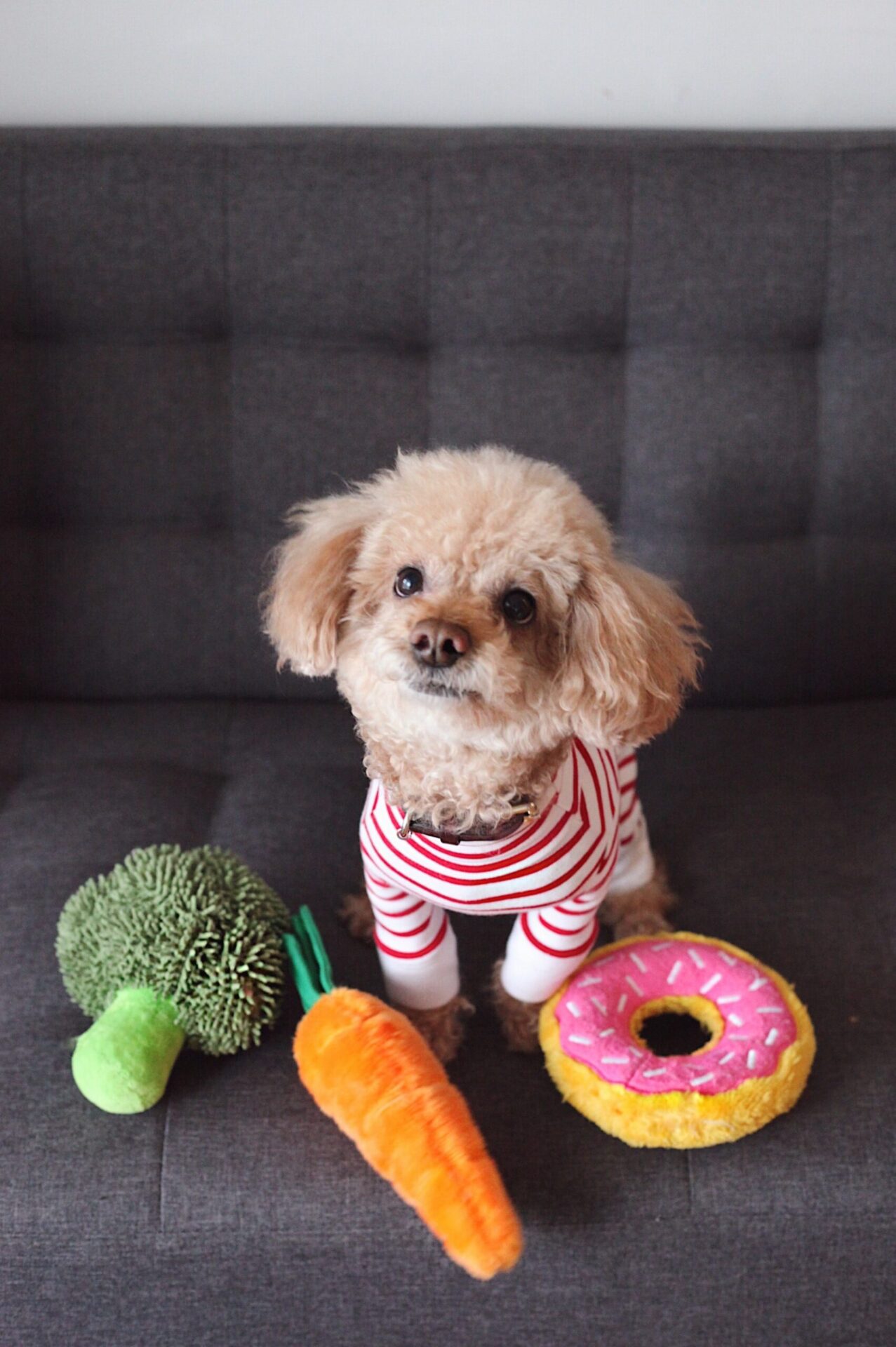
Humanizing products are primarily motivated by the bond that exists between humans and their pets. Pet humanization isn’t a fad.
Anthropomorphism, or providing human-like products or experiences to pets, is a growing trend in the pet industry.
This trend has created new innovative products. As a result, many retailers and manufacturers are adding new products to their shelves to help pet owners strengthen their bonds with their pets.
Pet Food/Treats
Food is a necessity for both humans and pets, so customers are looking for products that are natural and made with high-quality ingredients.
Customers are learning that quality matters in food. Our pets have similar diseases as us. The foods we/they eat directly cause this.
Many companies are expanding their food product lines. Gourmet, bistro, and banquet are all human food terms that are increasingly being used to describe dog and cat food.
Manufacturers understand that pet parents want the best-quality, most nutritious food for their pets, but they’re also drawn to recipes that appeal to their dietary preferences and taste buds. When it comes to recipe names, they take inspiration from well-known human foods because pet parents can relate to them.
Influencers were given dog food curated by a celebrity chef without their knowledge, causing a stir in Singapore’s Furry Kitchen. The food was well received by the influencers. There was some debate about how people could be fed ‘dog’ food. (Not surprisingly, pet parents were unfazed, but non-pet parents couldn’t stomach it.)

Treats from Heads Up for Tails advertise the use of organic ingredients and antibiotic and hormone-free chicken. A celebrity chef nibbles on the HUFT’s brand of Sara’s Treats as a snack. As a quality check, staff at the HUFT production unit do a taste test too.
HUFT also has a range of breakfast muesli’s which can function as an all day food.
Merrick Wet Recipes for dogs include Grammy’s Pot Pie and Big Texas Steak Tips Dinner, while the Purrfect Bistro line for cats includes flavours like Oven Roasted Chicken. And, like their human counterparts, Merrick pet foods are vitamin-rich and delicious.
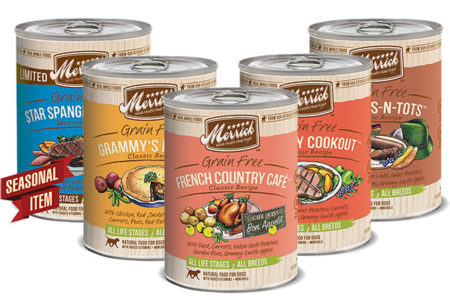
There is also a sports drink for dogs, similar to Gatorade for humans. DoggieWater is a tasty supplement drink that keeps dogs hydrated, replenishes electrolytes, and provides vitamins. DoggieWater comes in bacon, chicken, and steak flavours, as well as plain water.
Aside from cat and dog food, humanization is now spreading to other pet foods. Some products for small animals and birds, like “yoghurt drops,” are made with human-grade ingredients.
Toys
Both humans and animals enjoy toys. Undeniably, humanized pet toys are new, unique, and relatable.
Humans are the ones who buy, and they prefer items that they can relate to or find cute/attractive. The catnip banana is referred to as the “Banana Phone” on Instagram. As a result, the customer does most of the humanizing.
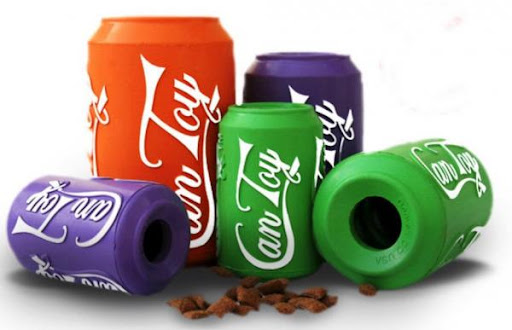
SodaPup also makes relatable toys. Its chew toys resemble soda cans and dice. Protecting the environment is a universal concern. They are made of eco-friendly rubber that is tough and long-lasting.
Fashion
Dog clothes started as a way to dress up pets for occasions. It used to be seen as a joke, but now consumers expect clothing and gear to be both fashionable and functional. Further humanization means that we accept our pets as members of our family.
HUFT had collections designed by fashion designers Shivan & Naresh which pushed high fashion to pet clothing.
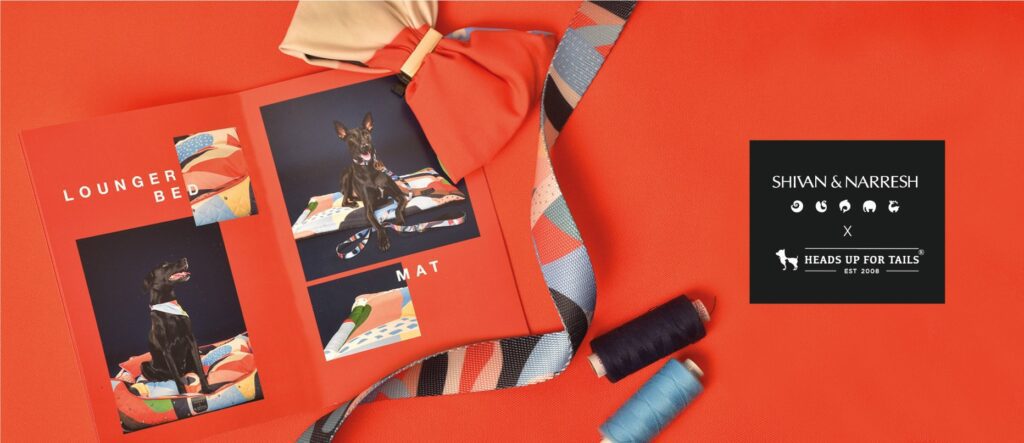
Ashley Harris gets product ideas from pet parents’ outfits. Her Bark Fifth Avenue’s products are inspired by some of the biggest fashion names. Her boutique, on the other hand, treats pets like humans.
Grooming & Spa
There are luxury spa services that go beyond regular grooming. Spas and salons offer massage, aromatherapy, facials, and other services. HUFT offers aromatherapy and massages in the salon.
Housewares
Not all pet owners want fashionable pet products. Many of them want it to match their home’s colours and styles.
Customers expect everything to match because treat jars are displayed on kitchen counters. Products based on interior design trends and popular colours. They resemble the human product. Most items have a ‘pet attachment’, such as a paw, bone, or dog/cat.
Accessories
Any pet going outside needs a leash and a collar. It’s not just the functionality of the accessories that are appealing to customers; it’s also their appearance and design.
Previously, only plain nylon or leather dog collars were available. Now, with over 120 collar designs and dozens of lifestyle accessories, Up-Country brings a sense of style to pets that add humanized personalization. Some designs have human features like moustaches.
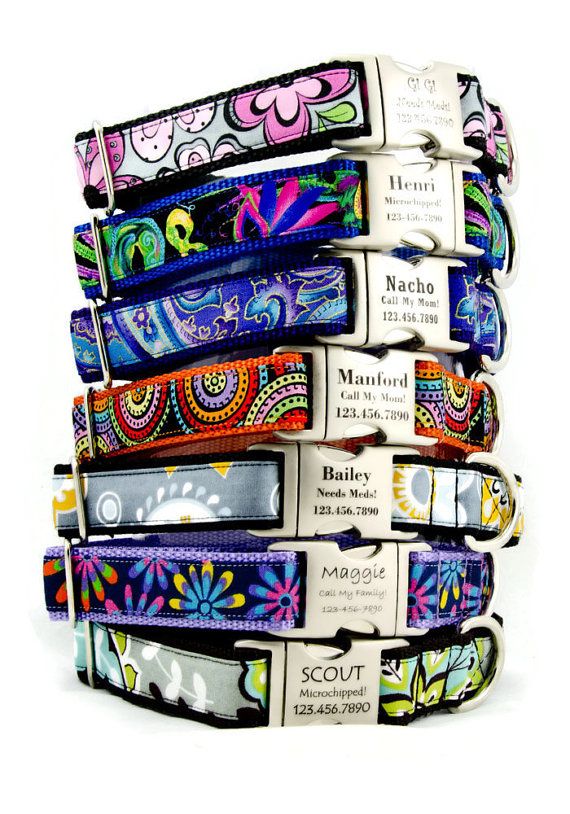
Pet owners can personalize their pet’s collar, harness, or leash with items such as bow ties, bows, scrunchies, flowers, and more. Each one is available in a variety of colours, sizes, and patterns, with some even including human food. This allows pets to be dressed up like humans for any occasion without jeopardizing their collars and leashes’ safety.
Health Products
Safety is an important part of a healthy lifestyle for both humans and animals. Many wellness products that help humans are now being used to help pets.
Suzie’s Pets believes that human and pet medicine should be of equal quality. The company’s CBD products help pets live happier and healthier lives. In India, Hempsterol has a pet version of CBD.
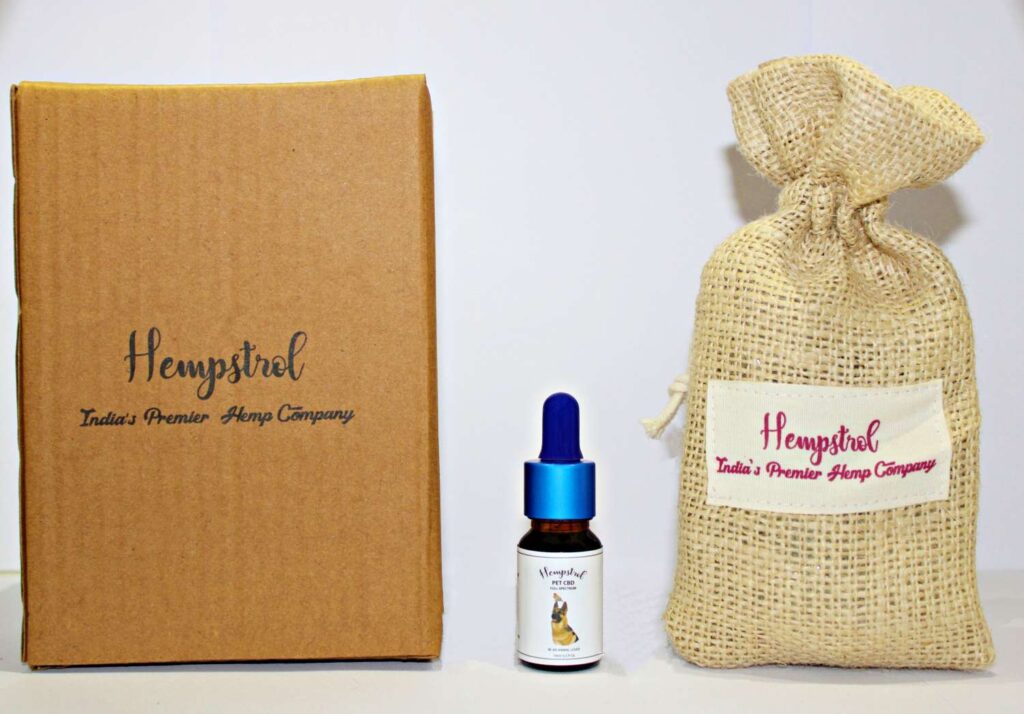
But not all health products are like CBD oils. A massage can help reduce anxiety, stress, aching muscles and promote healthy digestion in humans, and HUFT has massage oils, perfumes and calming oils for pets. All of these products are perfect for pet parents who want to promote a natural, healthy lifestyle for their pets.
Alternative Healing
There are animal reiki specialists too. Animal Reiki is a non-invasive alternative therapy that helps animals achieve physical, emotional, and energetic balance.
Products that speak to human interest are becoming the norm, regardless of what kind of pet product customers are looking for.
Humanizing products are primarily motivated by the bond that exists between humans and their pets. Pet humanization isn’t a fad. The bonds we form with our pets are priceless, and anyone who has one would talk about them as if they were family.
Humanization has been a long and slow process that has culminated in what it is today. There will be more humanizing products for sale in stores as long as the relationship between owner and pet continues to change.


